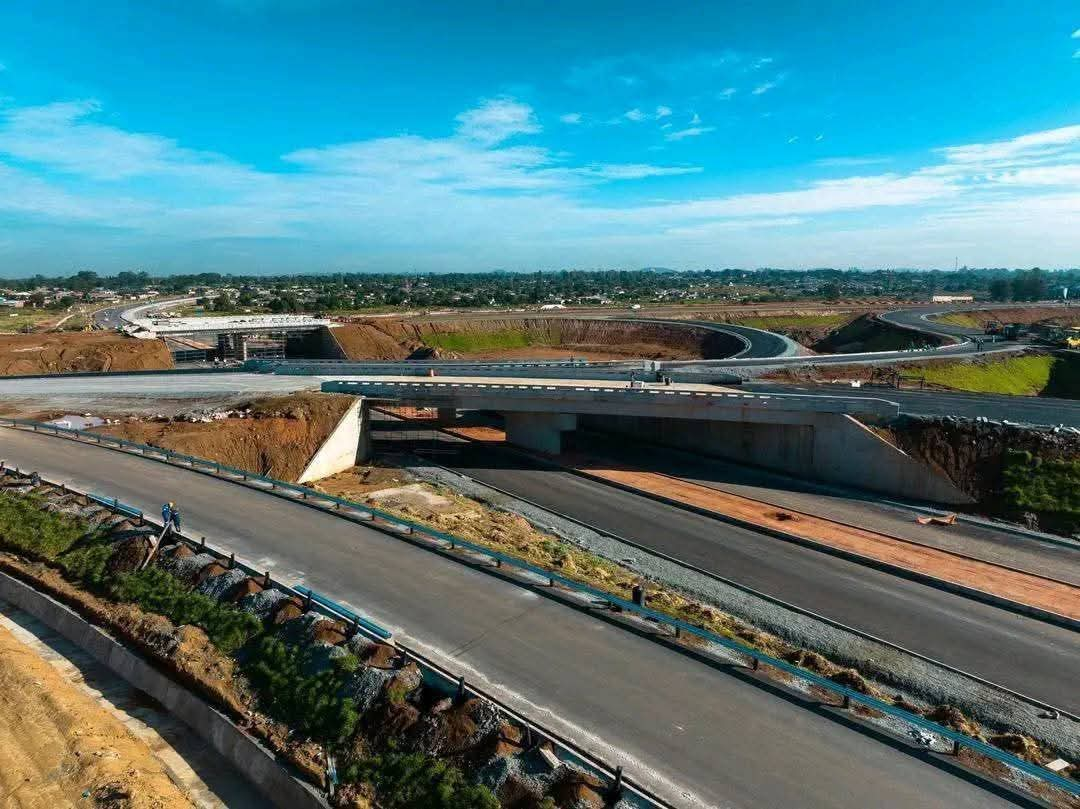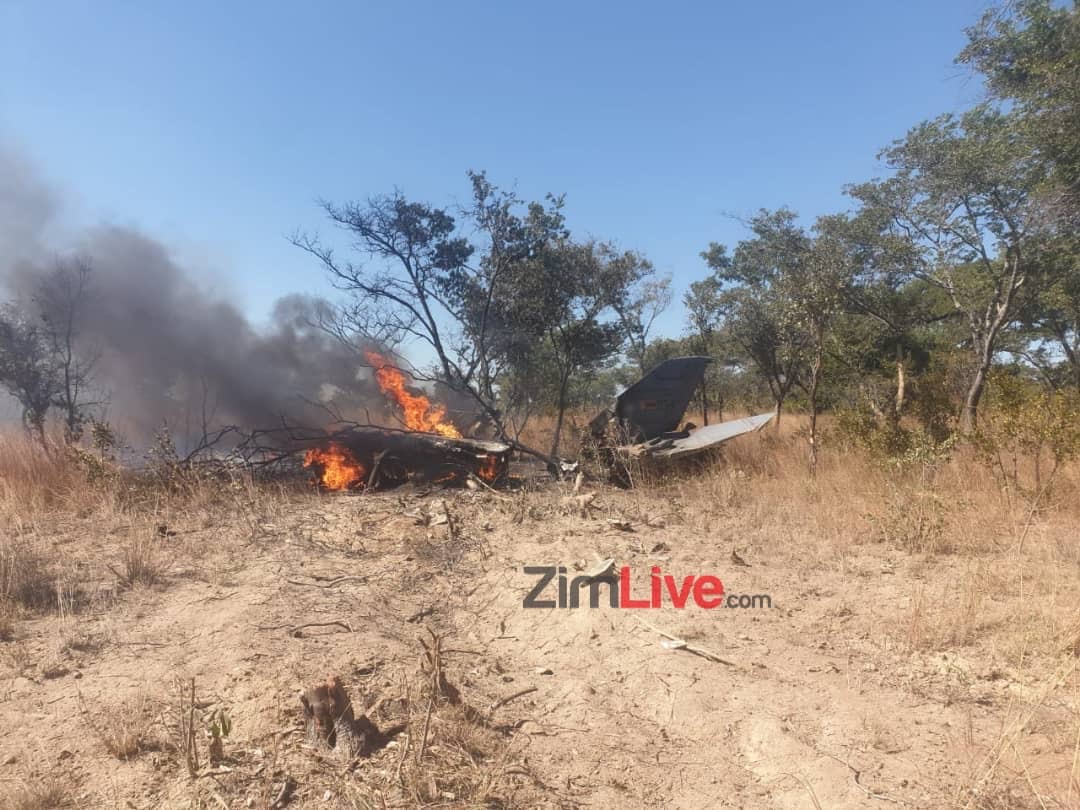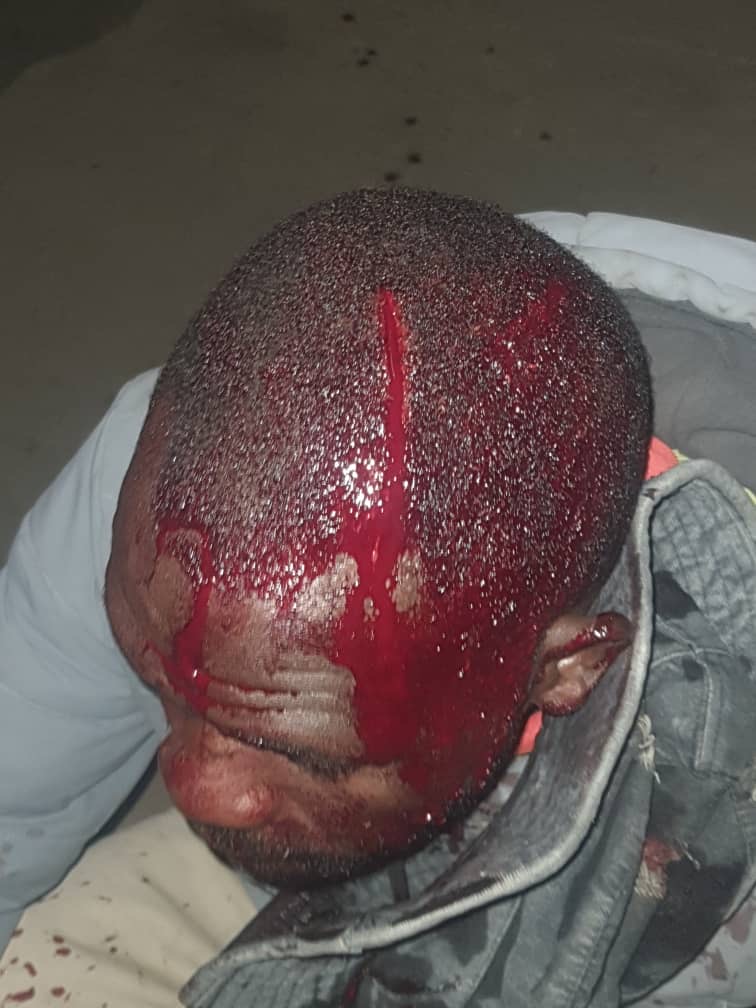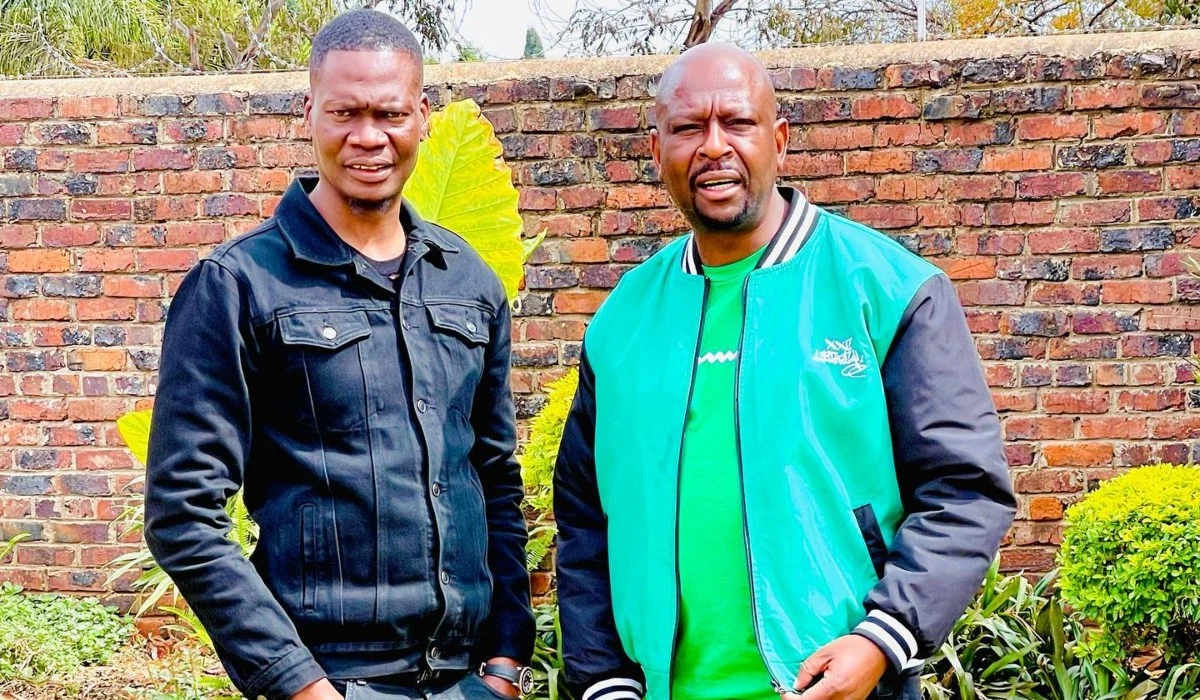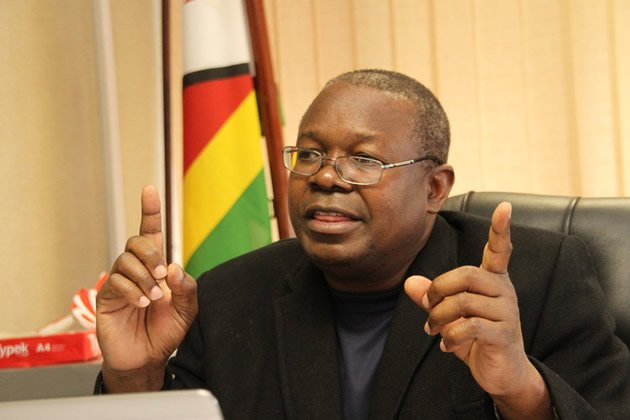HARARE – More than two years late and likely overbudget, the Mbudzi Interchange in Harare is being commissioned on Friday.
As early as October 2021, transport minister Felix Mhona said engineers were “on the ground” and construction would start in earnest by December that year, and the works would take one year. It didn’t happen.
It would not be until September 18, 2022, that the notorious traffic circle linking Simon Mazorodze, Chitungwiza and High Glen roads would be closed to the public and works began.
A South African engineering consultancy firm, DNMZ, put a US$65 million budget for the construction of an interchange. Tefoma, a consortium of three firms (Tensor Systems, Fossil Contracting and Masimba Construction) engaged by the Zimbabwe government without going to tender added US$23 million to the cost – they said to cover detour roads, compensation for displaced property owners, professional fees and other costs.
When announcing the closure of the Mbudzi traffic circle, Mhona this time set a target of one year and six months for the construction, and the motoring public was told the new interchange would be functioning in 24 months – that is by March 2024.
Many months behind schedule, the project is complete but its eye-popping cost is still the subject of debate among Zimbabweans, including in parliament.
The full cost will not be known until an audit, but even at $88 million, some question where all the money went.
“The cost of that interchange, the figures that we have, it was quoted around $88 million. In comparison to South Africa, if you go to Mount Edgecomb which is the largest in the southern hemisphere, it cost about $77 million which is about R101.14 million,” Matabeleland North senator Sengezo Tshabangu addressed Mhona in the senate last week.
“Let us look at the difference, the proportion, what makes our road
construction so expensive in the region, yet we use the same material?”
Mhona struggled for a coherent answer, eventually blaming sanctions.
“When you look at Zimbabwe, we are quite a unique nation. Firstly, we
are under illegal sanctions and whatever we tap into is not measured favourably in terms of cost implication,” he replied.
“I can cite a good example of a bag of cement, what you get in here and vis-a-vis other countries might be different.”
The government says the official name for the interchange will be Trabablas, President Emmerson Mnangagwa’s war name.
Two men have been arrested for conning the government of $200,000 after they forged papers to claim ownership of a property destroyed to make way for the interchange. Theirs might be the smallest amount stolen in the entire project.

